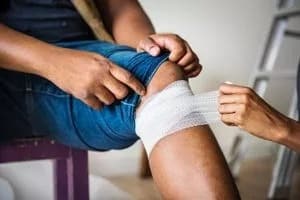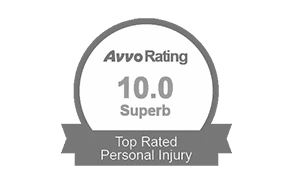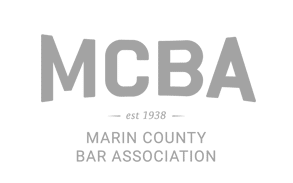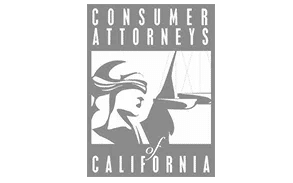
It’s important to realize that you can’t always blame a slip and fall accident on the proprietor, property manager, or homeowner. Defendants in slip and fall lawsuits can raise a number of valid defenses against a slip and fall claim. Here, we’ll talk about what you should do if you’re in a slip and fall accident to protect your claim.
Negligence in Slip and Fall Accident Lawsuits
To prove any negligence a claim, a plaintiff must show that:
1. The defendant owed the plaintiff a “duty of care”;
2. That the defendant breached that duty of care;
3. That the plaintiff’s injuries were the result of that breach.
In slip and fall lawsuits, the central question is whether or not the defendant owed the plaintiff a duty of care. While a proprietor, homeowner, or property manager does owe a duty of care to provide a safe environment for those they invite on the premises, they cannot be held responsible for a condition they did not know about or had no way of predicting.
To prove a slip and fall claim, you must show that one of three conditions were true:
1. The defendant knew about the hazard;
2. The defendant should have known about the hazard;
3. That the defendant caused the hazard.
You can also attempt to prove that the defendant did not cordon off an area that was recently mopped nor put up signs to alert passersby that there was a problem.
Legitimate Defenses to Slip and Fall Accident Claims
When you file suit against a homeowner, property owner, property manager, or proprietor, they generally have insurance that covers them in the case of premises liability. For instance, a homeowner would have homeowner’s insurance while a renter would have renter’s insurance. If they don’t, you have to file the lawsuit directly against the property owner or individual who is vested with the responsibility of caring for the property. Either way, you are dealing with a lawyer whose job it is to protect the interests of the individual responsible for the property.
These folks will raise any one of a number of legitimate defenses to your claim. If dealing with an insurance company they will stress test your case against every valid defense to a slip and fall claim. Legitimate defenses include:
#1. Didn’t Know / Didn’t Cause / Could Not Have Known
This defense basically says that because the accused party did not know about the hazardous condition, they are not responsible for the injuries caused by it. This defense argues that there was no “breach of duty” because the accused party kept the premises in safe condition. This defense could also claim that even if there was a hazardous condition, it was not the storekeeper/homeowner or other responsible party’s fault.
For instance, if a customer in a store opens a large bag of skittles and drops them on the floor, someone who slipped and fell could not sue the store owner for their injuries. You must be able to prove that the store owner was the responsible party.
#2. Comparative Negligence Defense
The accused party will, in turn, accuse the injured party of being partially responsible for the accident. For instance, if the accused party did leave a slipping hazard unremedied but the injured party started doing jumping jacks on the slip hazard, the accused can claim it was partially his fault.
#3. Clear and Obvious Danger Defense
If there is a hazard on a premises and the slip hazard is clearly marked off, then an injured party would have “assumed the risk” of stepping on a wet floor. In addition, if the hazard was so obvious that they should have seen it, the defendant can argue that they are at least partially to blame. As an example, if an injured party falls into a large hole while they’re texting, the defense can raise a “clear and obvious danger” defense.
Other Defenses
The defense can also argue that the danger was so minute that it could not have caused a slip and fall. In addition, the defense can claim that there was no slip and fall hazard at all and that the greedy plaintiff just wants a payout. They can also say that you were in an area that you weren’t supposed to be in.
What Should You Do?
If you slip and fall on another person’s property, you should document the scene as best you can. Take pictures of the hazard and where it was located in the store or property. This prevents the defense from claiming that you’re lying, the hazard was negligible, or that you should have seen it.
You should also write down exactly what happened and keep any medical records concerning the accident. If you are going to pursue damages, contact the San Francisco personal injury lawyers at The Wakeford Law Firm. You can call us at (415) 569-7495 or contact us online for a free consultation. We can help ensure you are compensated for your injuries.
How useful was this post?
Click on a star to rate it!
Average rating 0 / 5. Vote count: 0
No votes so far! Be the first to rate this post.







